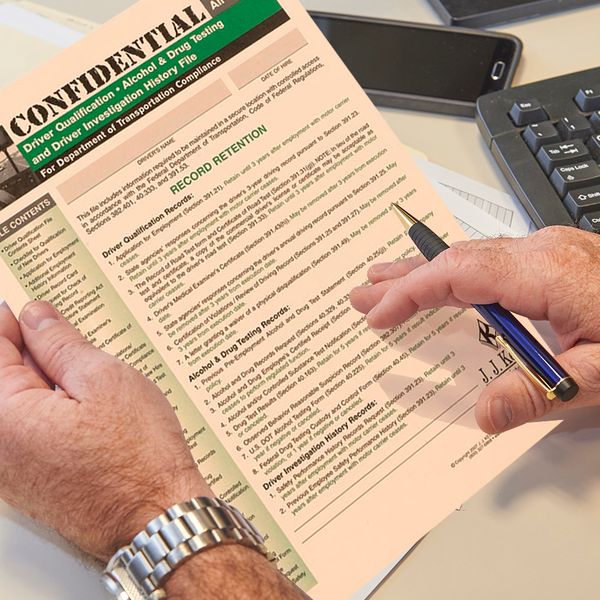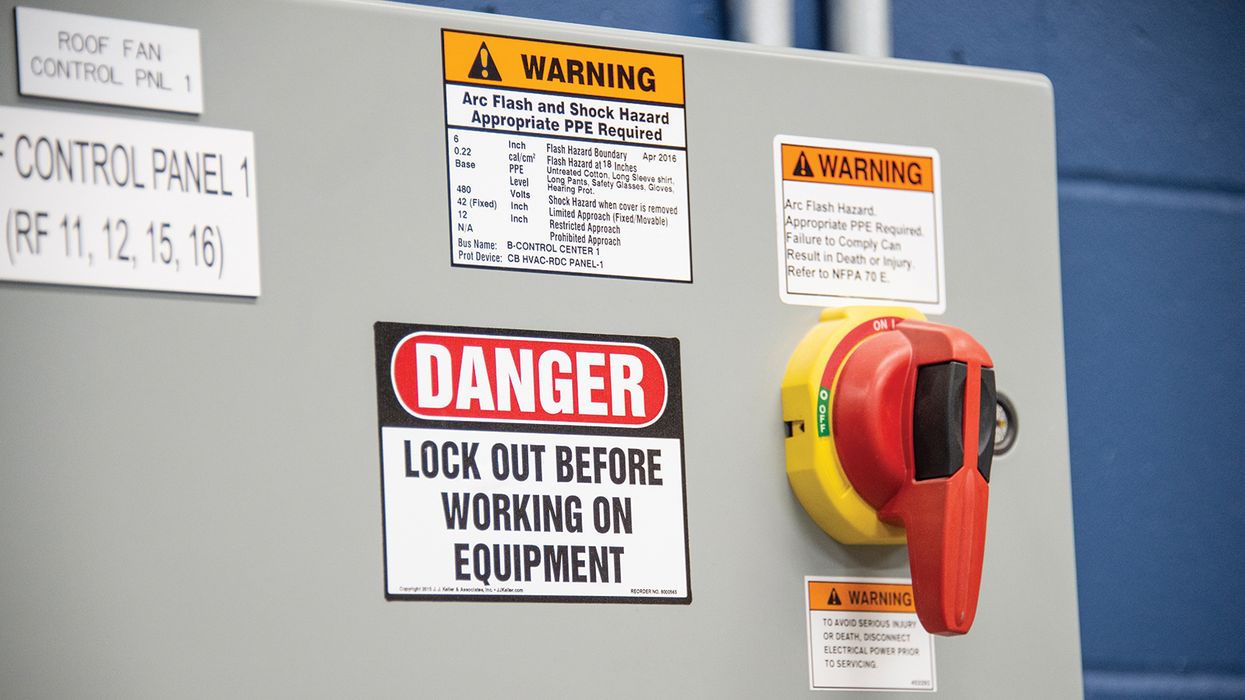Cautions when requesting criminal background checks
To the surprise of many, there are no regulations requiring motor carriers to conduct criminal background checks on drivers or any other employee they intend to hire.
By incorporating criminal background checks into the driver qualification and employee screening processes, motor carriers may gain knowledge of potential threats to safety and security that would otherwise not be detected. However, since these checks are not mandated of motor carriers, they must be aware of limitations placed on them by state and federal agencies.
EEOC Notice on arrest records
The Equal Employment Opportunity Commission (EEOC) has no laws or regulations specifically prohibiting arrest record inquiries. However, EEOC’s Notice N-915-061 states, “Where it appears that the applicant or employee engaged in the conduct for which he was arrested and that the conduct is job-related and relatively recent, exclusion is justified.”
According to the Notice, the employer must evaluate whether the arrest record reflects the applicant’s conduct. It should, therefore:
- Examine the surrounding circumstances,
- Offer the applicant or employee an opportunity to explain, and
- Make follow-up inquiries necessary to evaluate the candidate’s credibility if the applicant denies engaging in the conduct.
An employer can only use arrests as disqualifying criteria when:
- It appears that the applicant actually engaged in the conduct resulting in the arrest, and
- The conduct is job-related.
The EEOC concludes that an employer will seldom be able to justify making broad general inquiries about an employee’s or applicant’s arrests. Since business justification rests on issues of job-relatedness and credibility, a blanket exclusion of people with arrest records will almost never withstand scrutiny, according to Notice N-915-061.
EEOC Notice on convictions
The EEOC has no laws or regulations specifically prohibiting conviction record inquiries. However, EEOC’s Notice N-915 states, “Where there is evidence of adverse impact, an absolute bar to employment based on the mere fact that the individual has a conviction record is unlawful under Title VII [of the Civil Rights Act of 1964, as amended].”
According to Notice N-915, an employer’s policy or practice of excluding individuals from employment based on their conviction records is unlawful under Title VII in the absence of a justifying business necessity. To determine whether an employer’s decision was justified by business necessity, it must show that it considered three factors:
- The nature and gravity of the offense or offenses,
- The time that has passed since the conviction and/or completion of the sentence, and
- The nature of the job held or sought.
State laws on criminal histories
Each state has different laws and procedures about public access and dissemination of criminal history. It is the responsibility of the employer to know individual state law concerning criminal background investigations. If the state law differs from federal EEOC requirements, the employer must go with the more stringent regulation.
Creating a hiring policy on criminal history
Motor carriers should avoid an all-inclusive company policy on criminal investigations since it may be in violation of state and federal regulations. Someone at the company should monitor the regulations state-by-state if the company requests information outside of its base state.
Updated state information should be incorporated into policies on a regular basis. Companies may need to create a policy for each location, addressing the state of the terminal and potential residency of employees who may live in neighboring states and commute to another for work. It would be a wise best practice to have a labor attorney review how the carrier handles the information received. This will include handling/storage of the data, access to the information by managers and human resource personnel, and hiring standards for each job title.


























































